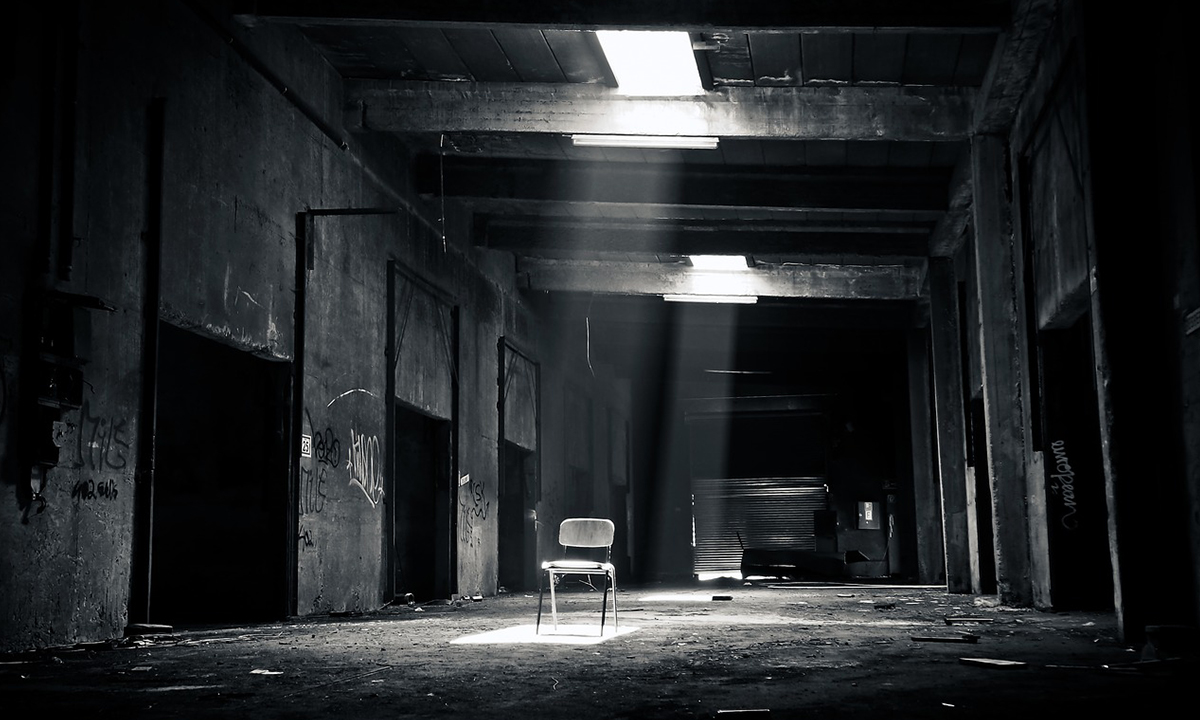As the 2020 election looms closer, the range of governmental regulation has become an increasingly popular topic. This past month, California saw the issue at hand when the State Legislature sent its final measures before the 2019 session ends.
Hyper-regulation is a method seen in liberal governmental policies, where it is believed that citizens will benefit from the micromanagement of every little activity. However, excessive regulation has been the cause of higher prices, unemployment, and the demise of small businesses among other things.
In fact, the effects of regulation have now encroached into the housing industry. A study done by Point Loma Nazarene University found that 40 percent of the increase in housing costs in San Diego can be attributed to regulation.
However, with a Democrat majority in the California Legislature, bills that endorse regulation were sent to Governor Newsom’s desk in the last days of the legislative session. One bill of interest was Assembly Bill 1133, which permits brewers to give up to five cases of branded glassware to restaurants and bars every year with zero costs.
The interest in the bill arises from “tied-house” laws that were created decades ago with the sole purpose of shielding certain powerful companies within the industry. The laws split the alcohol industry into three parts—manufacturer, wholesaler, and retailer—and strongly prohibits overlap between the sections. According to the laws, AB 1133 is a blatant violation since the goals of the bill overlap within the sections and the products involved are over the cost limit.
However, AB 1133 sheds light on the fact that regulation is strictly about politics and not about serving the citizens. In this specific scenario, the “tied-house” laws are redundant, ancient, and lack any sense of organization. The laws were only enacted to shield certain monopolies, which only produced the ridiculous regulations now seen in the alcohol industry.
In the end, regulation stifles economies and in this case, attributes to a set of extreme consequences that California residents will have to deal with.




